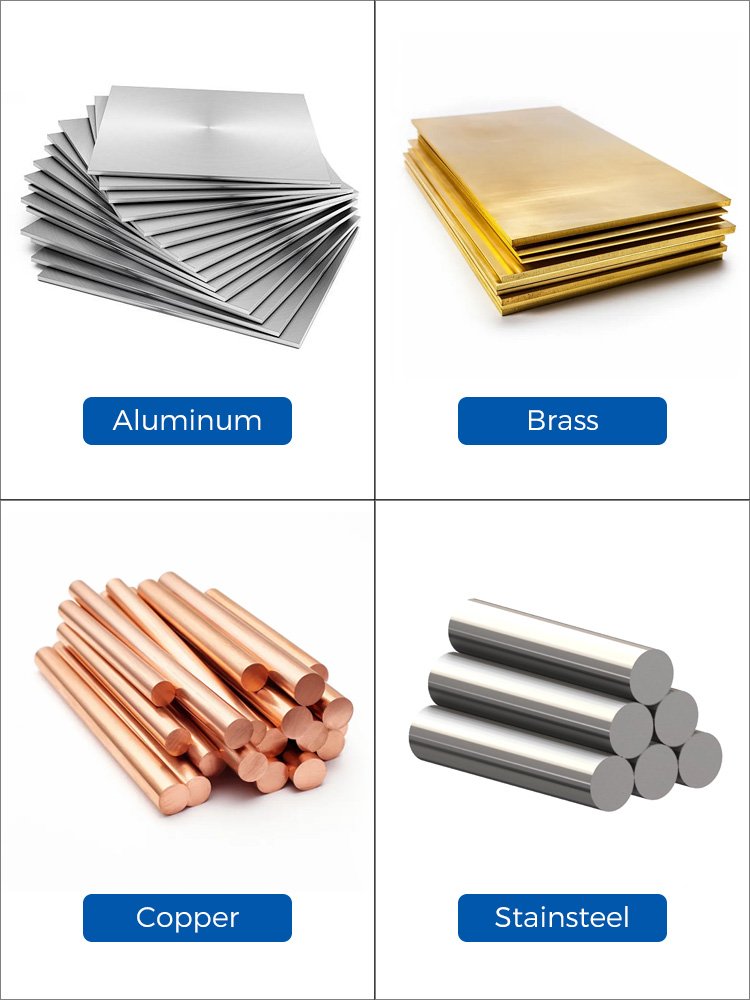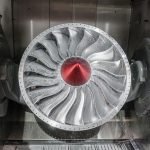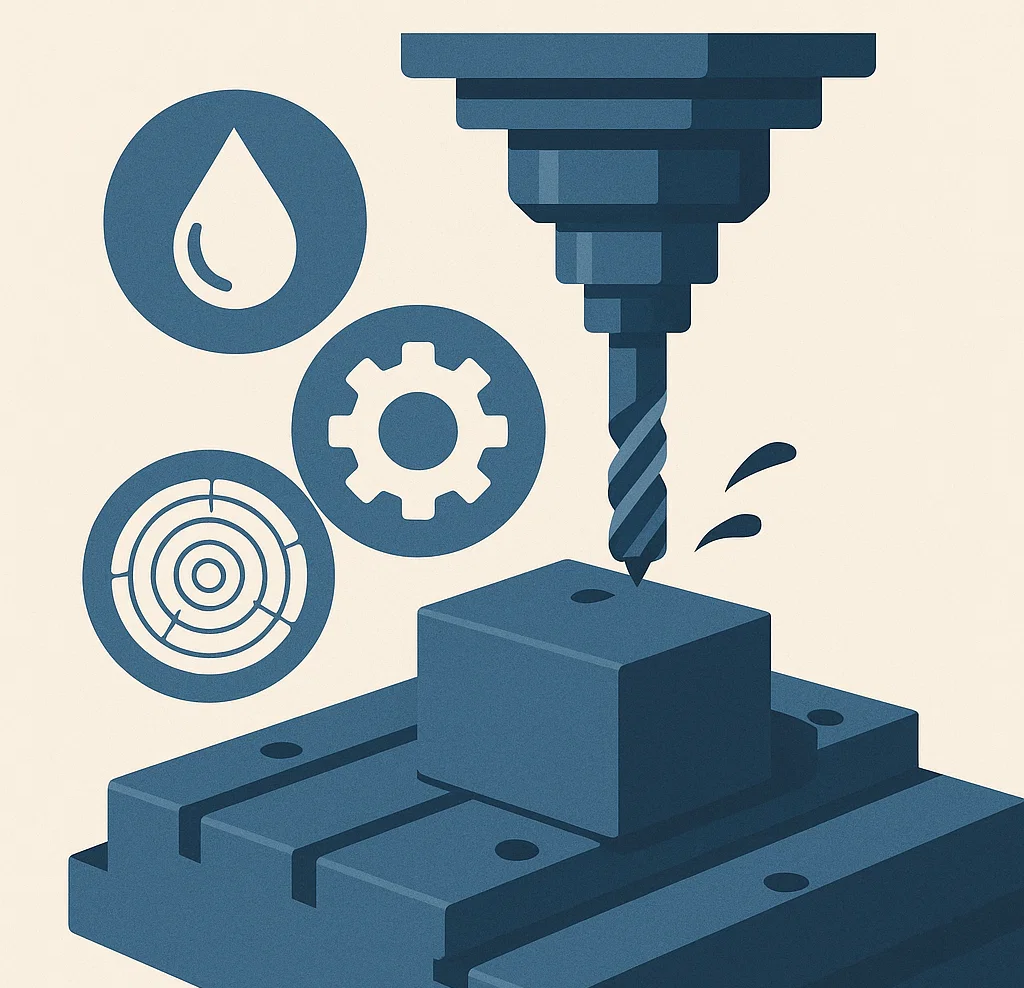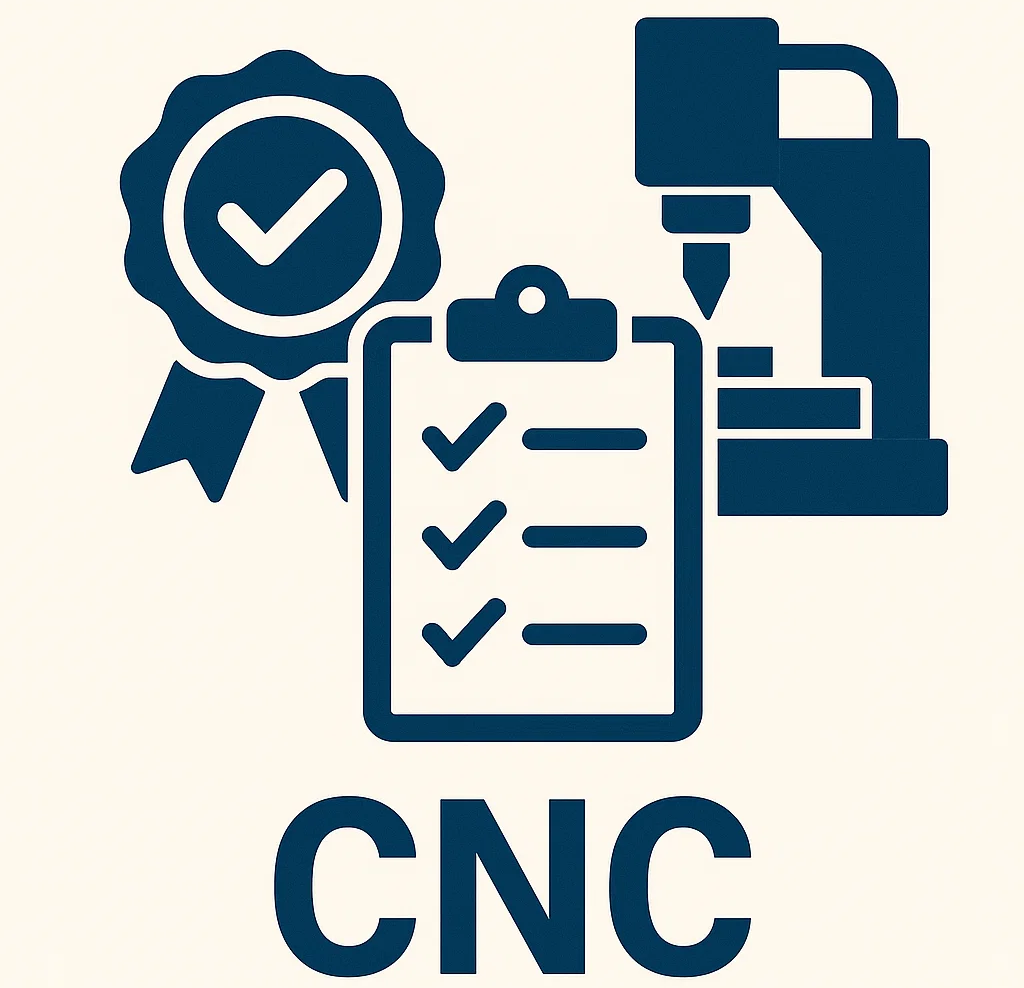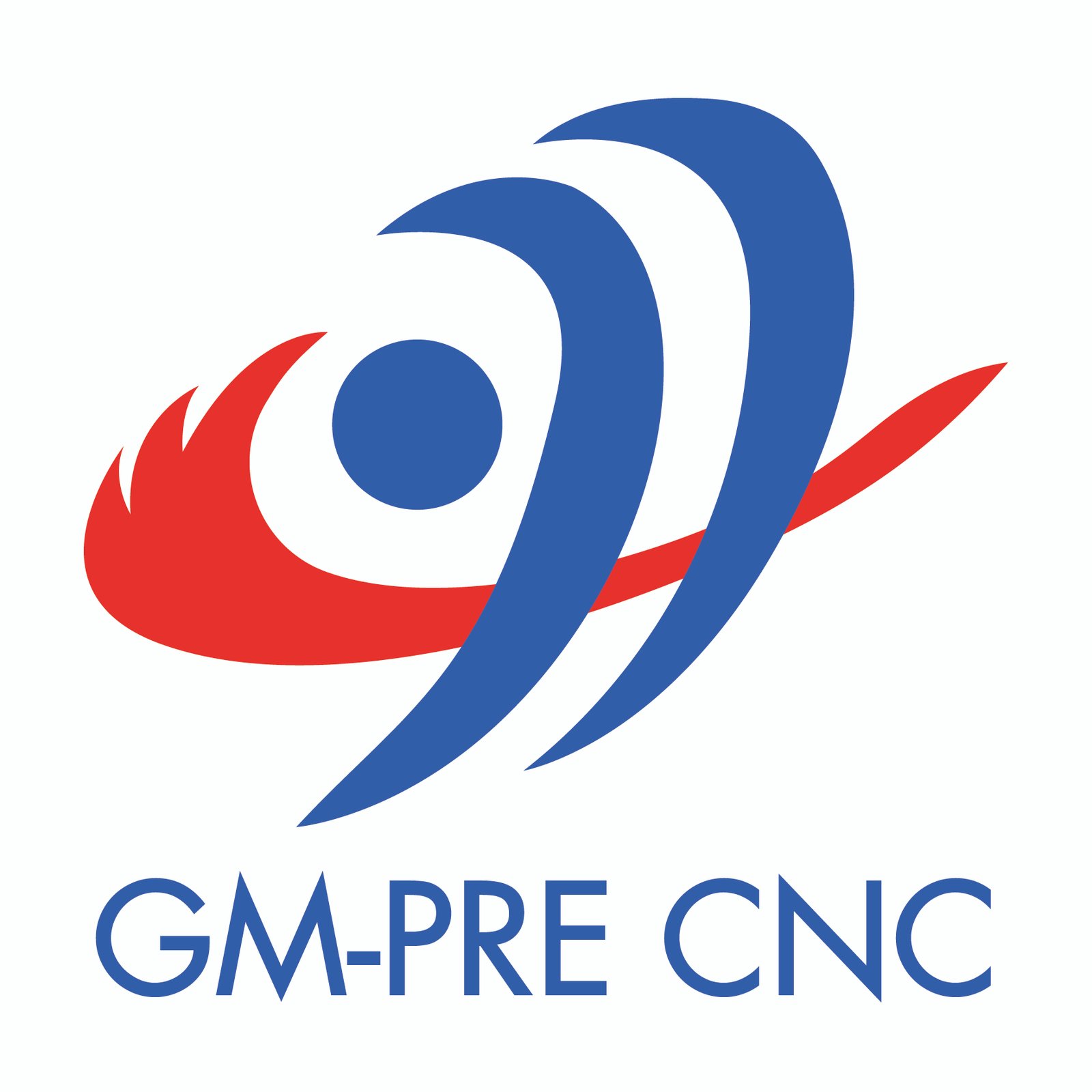Disadvantages of CNC Drilling
While CNC drilling has various advantages, it also has some significant limitations and disadvantages
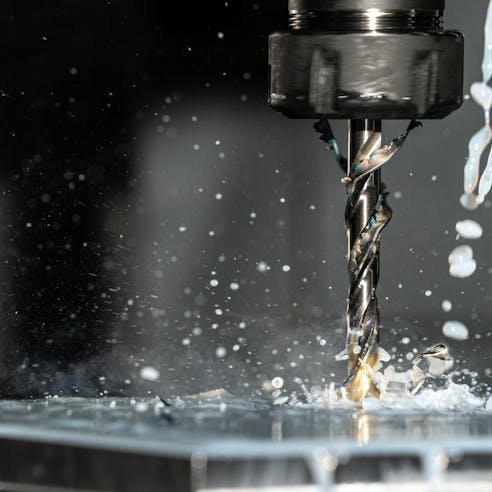
1. High equipment cost
- CNC drilling machines are expensive, especially high-precision, multi-axis machines with automatic tool changing systems.
- The initial investment is large, which puts a lot of financial pressure on small and medium-sized enterprises.
2. High requirements for operation
- Professional technicians are required to program and debug, and beginners are slow to get started.
- Unskilled operation may lead to processing errors, equipment damage or safety accidents.
3. Processing speed is limited
- Small holes and high-precision holes (such as PCB microvias) have a slow drilling speed, which limits the production cycle.
- For hard materials or multi-layer composite materials, the processing time is longer and the tool wears faster.
4. Limited geometry
- Only “circular holes” or holes at specific angles can be processed, and complex special-shaped holes cannot be easily achieved like laser cutting.
- If special-shaped holes are required, subsequent milling processes are required.


